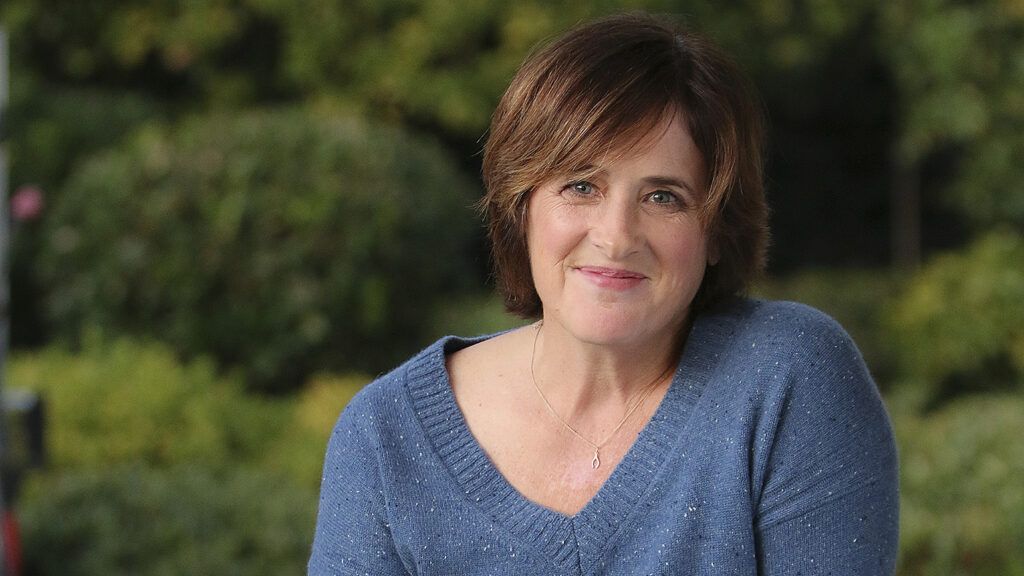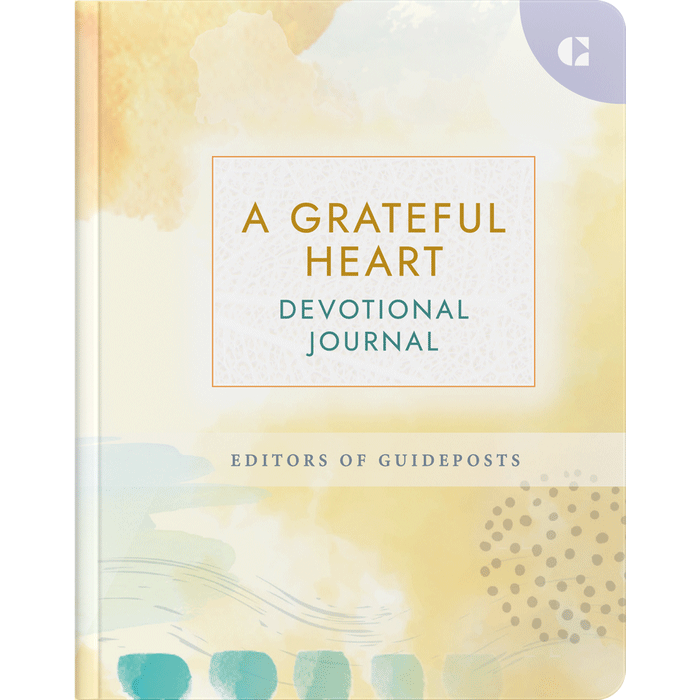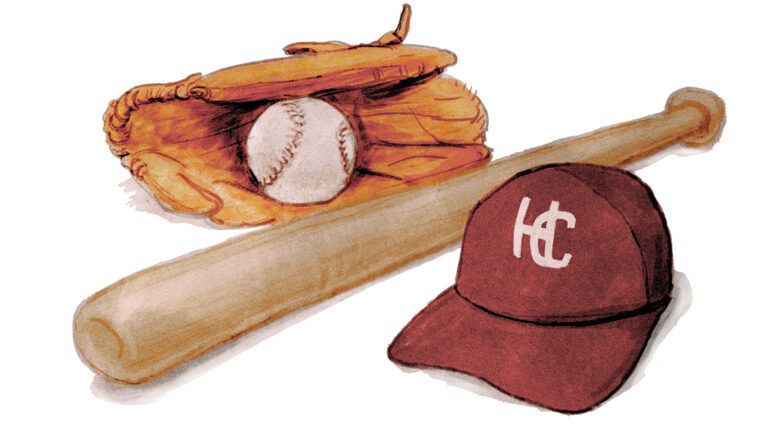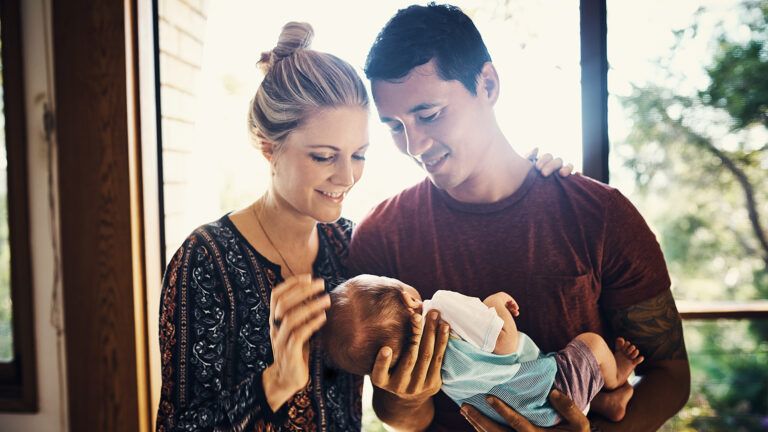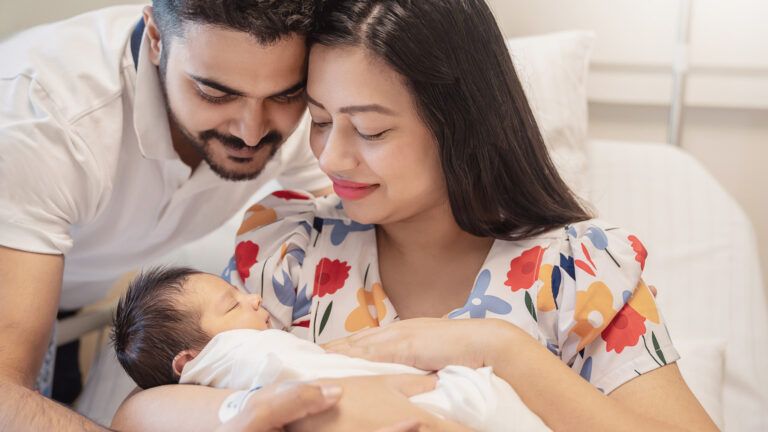She is mine, and I am hers, I told myself, sitting in the waiting room of the geneticist my daughter’s pediatrician had recommended. I looked down at the tiny bundle in my arms, newly adopted Meredith, only one month old. I was here to learn her genetic history. Something her birth mother, Misty, who was white, couldn’t tell us in full. We knew Meredith was a baby of color, but was she Hispanic, African-American, Asian, Native American?
I tried to push away the selfish feeling that I wanted Meredith’s history to be mine. She may not have come from my body, but she had been born of my heart after much prayer. I thought of my miscarriages. The many failed adoptions. My husband, William, and I had almost given up hope of a second child when the possibility of Meredith floated into our lives just a month before she was born. Was she the answer to our prayers? William and I were beyond thrilled and somewhat stunned when, a few weeks later, we flew to Ohio, where Misty entrusted us with a tiny baby who seemed so pure and perfect. But could I love her the way I loved my biological daughter, Prentiss? I hope I’m worthy of Meredith, I thought.
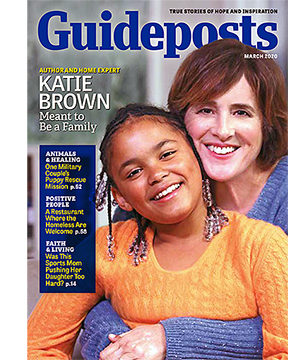
2020 issue of Guideposts
I held Meredith close in the geneticist’s waiting room, her little mouth yawning. I wanted so badly to protect her. From physical and emotional pain. That’s why I was here. If she needed a sense of place, of her heritage later on, maybe this visit would help. If we find out about Meredith’s people, would it make her less ours, less mine? I wondered. Somehow it mattered. I don’t want Meredith to be a part of any family but mine. I wasn’t proud of this feeling.
We loved Meredith with our whole hearts, but we understood that she would face different challenges than we had experienced. I’d known it in theory long before she was born and then—suddenly, heartbreakingly—again right after her birth. Meredith had been born premature. The NICU nurses, perhaps sensing my heartache and feelings of inadequacy at not being able to nurse Meredith the way I had Prentiss, taught me how to hold her as she was being fed through a tube. Then later, how to fill Meredith’s bottles and get her little self to drink.
I was particularly fond of one nurse who seemed to spend the most time with us. It probably helped that this nurse was a fan of my television show. What luck! I thought.
“I love all your recipes,” the nurse said one morning. She ran a few tests and handed Meredith back to me.
“Thank you,” I said, beaming. It was sheer bliss to hold Meredith tight, skin to skin, and smell her head. How blessed I felt to be chosen to be her mom! But was that enough to make me her mother?
The nurse sat down next to me. “You know your baby is black?”
I froze. Maybe I had misheard her. “What?”
“Do you know your baby is black?”
I sat up straighter and held Meredith tighter. Like a lioness protecting her cub. “Yes, I do. But why would you ask that?”
“Well, I just thought someone like you would like to have the perfect family,” the nurse said.
My jaw stiffened. Excuse me? I felt hot rage deep down in my bones. Rage that only a mother would know. Through the rage, I also felt deep sadness. It hit me that Meredith would grow up in a world very different than my own. A world full of people like this nurse. A world I could not always protect her from. The sting of racism, now so personal and unavoidable, felt as if God were shining a light into some very dark corners. Places I’d never had to go.
“I do have the perfect family,” I said. “Meredith makes my family perfect.”
William and I brought Meredith home to New York after a week in the NICU. We were overjoyed to be able to start this new chapter of our lives together. But soon after we got settled, Meredith got sick. Was it more than a cold? She was listless, her light brown skin paler than usual. I took her to an appointment the next day for a weigh-in and checkup and mentioned my concerns to the pediatrician.
“She’s just badly congested,” the doctor assured me. But I felt uneasy with her diagnosis. Something in my gut told me otherwise.
“I’m surprised,” I said. “I thought when we got here you were going to send us directly to the hospital.”
The doctor furrowed her brow and pressed the stethoscope against Meredith’s back. Seconds later, she shot up, dialed a number and within minutes had an ambulance waiting for us outside. We were rushed through the streets of New York, sirens screaming. Please keep her alive, I begged. No more Am I the best mother I can be to Meredith? No more Am I worthy of her? Just Please, God, please.
Meredith was intubated at the hospital and diagnosed with RSV, respiratory syncytial virus. Though most cases of RSV result in nothing more than a cold, premature babies have a greater risk of developing a life-threatening infection. Meredith, her head wrapped and breathing with the help of a machine, was wheeled into a private room so as not to infect the other patients. William came to meet us, and together we hovered over our precious daughter.
My minister and his wife, Terri, joined us. Terri took my hand.
“I don’t know if I can do this,” I said, looking at Meredith.
Terri squeezed my hand harder. “You can and you will. You must be strong enough for this. Your daughter needs you.”
Could I be strong enough? Could I be the mother Meredith needed?
After several agonizing days, we were finally given the green light to take Meredith home again. The whole ordeal made me realize that I needed to be better prepared when and if Meredith had another medical emergency. Our pediatrician suggested I learn all I could about her family history.
“We are her family!” I wanted to shout. But I knew if I truly loved Meredith, if I wanted to keep her safe, I would do everything in my power to help her. And that included fulfilling the need she might have one day to know who she was. Her birth mother, Misty, had given us such a precious gift. She had been our angel. I couldn’t endanger Meredith with my selfishness. I took a deep breath and scheduled an appointment with the geneticist.
Now here I was in the waiting room. The receptionist called my name.
I stood up with Meredith. I’m going to get a lecture, I thought as we walked into the back office.
The doctor came in. If you were casting the role of a top geneticist and needed someone who seemed sympathetic and wise, you would cast this woman. She looked like a young Jane Goodall. “How can I help you?” she asked in a tender voice, perhaps sensing my trepidation.
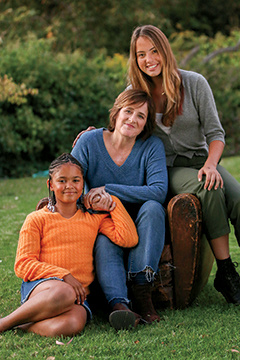
and Meredith
Help me? I wanted to run out of the room. Take my Meredith and never come back. But I pushed through my ego. Through my shame. Pushed into the space of love. “Meredith is adopted,” I told the geneticist. “I was hoping you could tell me what her racial makeup is. We do not know if Meredith is African or Hispanic. We want to know so that we can help supplement her health record history. So I may help her settle…”—my voice caught in my throat—“any uncertainty she may have due to not knowing.”
I took a deep breath. I wanted so desperately to do the right thing, to be the mother Meredith deserved. To be both completely loving and completely selfless.
My Jane Goodall sighed. “I’m not sure you’re asking the right question.” She placed her hand on mine and said, “Meredith is more like you than not. Ninety-nine percent of her genetic makeup is identical to yours. We have learned that all humans are closely related.” She went on to explain that all people around the world today can trace their genetic ancestry to Africa and that variations in skin color have to do with people’s proximity to the sun. “What I can do is tell you the region of the world your daughter’s tribe is from. But know that her race, your race, are the same. The differences between your genetic makeup and hers are simple and minuscule.”
A sense of calm washed over me. Was it possible? Meredith and me—we were the same. I looked into her eyes, and she gazed up at me trustingly. Yes, of course. She was a part of us, and we were a part of her long before this day. Connected biologically. And spiritually. A verse from Galatians flashed through my mind: “There is neither Jew nor Greek, there is neither slave nor free, there is no male and female, for you are all one in Christ Jesus.”
I walked out of the geneticist’s office into the sunlight, chuckling to myself, holding Meredith close. I had been seeking to define what made Meredith different from me. Instead, I had been treated to an education in what made us the same. Only God could have orchestrated a way to reassure me when I needed it most. He had connected me with an expert who blessed me with her empathy. I already had all I needed to be a real mother to my daughter.
For more inspiring stories, subscribe to Guideposts magazine.
